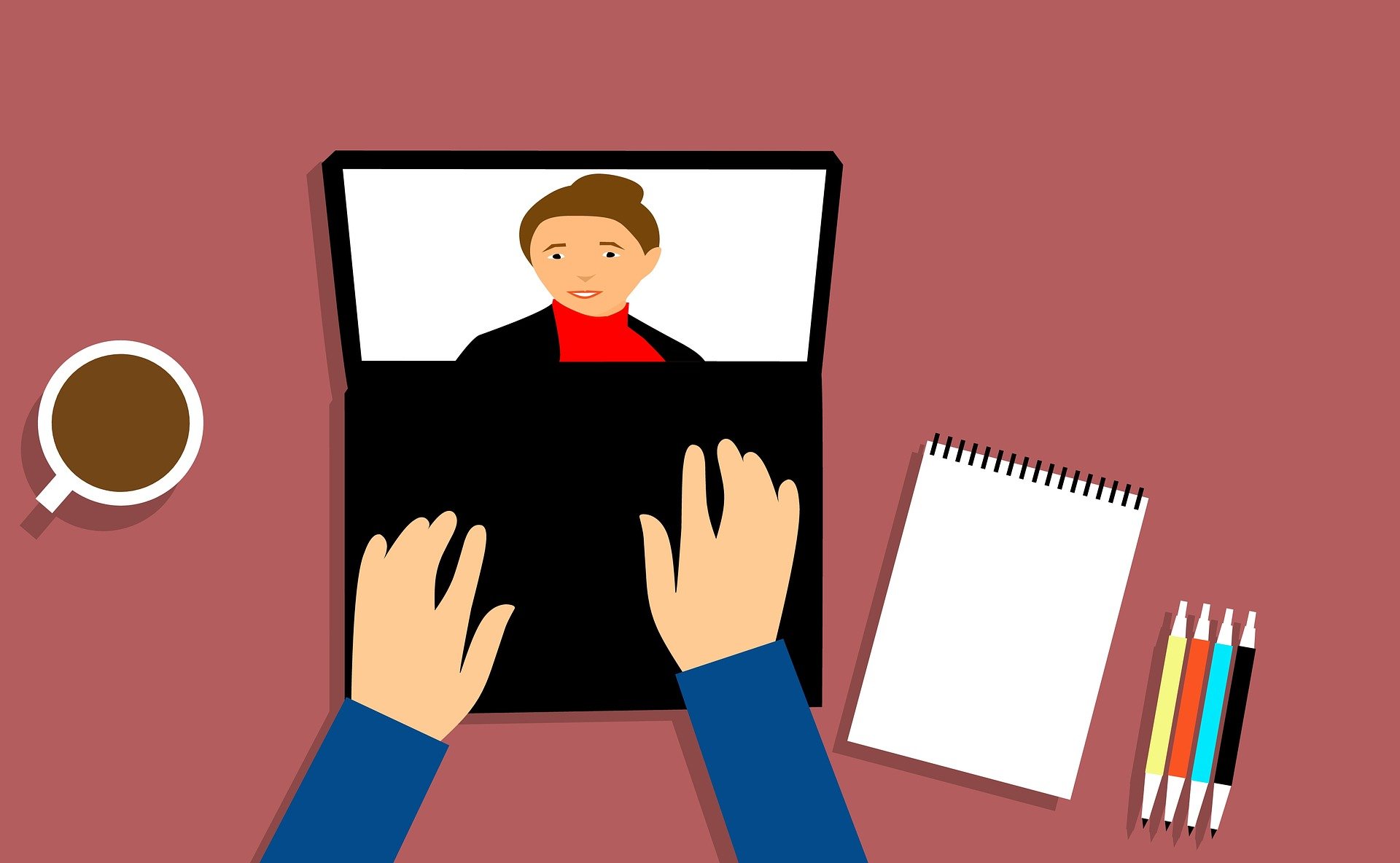Over the past twenty years the internet has become an increasingly important part of our daily lives. 2020 has made me realise how grateful I am for all the things I can do online – shopping, socialising, learning, banking and exercise classes – so why not therapy too?
The therapy world has come a long way since the invention of the couch! You are now able to access therapy in lots of different ways including telephone, apps, text or face time using platforms such as Zoom.
Accessing therapy online gives you the opportunity to attend sessions from the comfort of your own home (or wherever else you’d like to be). This means no travel time or risk of being stuck in traffic. Also no costs of public transport, petrol or parking. Many of my clients also like the anonymity it offers as there’s no risk of bumping into someone you know in the therapists waiting room.
Depending on your circumstances you may have found it difficult to access therapy in the past. Perhaps it’s been difficult due to childcare, work commitments or health problems. It may even be that the problem you want help with, such as anxiety, is the very thing preventing you from being able to get out and see a therapist. Online therapy overcomes all these barriers.
Online therapy also means that you are not restricted to the therapists who live within your local area. With online therapy you have the freedom to access the type of therapist you want who specialises in the problem and treatment modality you need.
There’s been quite a bit of research into online therapy in recent years. The good news is that studies have found online therapy to be just as effective as face to face therapy, the therapeutic alliance is preserved and patients report that they are satisfied with this way of accessing therapy. Last year the NHS produced an important report called the ‘Topol Review’ which looked at how technology could influence mental health care in coming years. This report highlighted the importance of online therapy or ‘telemedicine’.
One of the things I have enjoyed about working online is thinking creatively to adapt what I’d usually do face to face. With tools such as ‘screen share’ and ‘white board’ on Zoom this is quite easy. I always follow up sessions with emails of the documents we’ve looked at which means that the client can have access to these for as long as they need them.
Whilst I love online therapy I appreciate that it’s not the best fit for everyone and if you are considering starting therapy it’s important to consider what you’d be most comfortable with. I also appreciate that online therapy is not without it’s potential glitches so here are my top tips for making online therapy work for you ….
- Make sure you are familiar with how to use the video conferencing platform which your therapist has suggested. You may want to do a trial run with someone or look at the platforms online user guides and FAQ’s.
- Check you have a good wi-fi connection – to enhance this, try and make sure it’s not being used for anything else during your appointment times, and close any other applications on your device where possible.
- Make sure your camera is positioned so that the therapist can clearly see your face. Avoid sitting directly in front of a window if possible and make sure the room is sufficiently lit.
- Ensure you have privacy and quiet for your appointments. Using headphones can help with this as well as improving sound quality. Ask other people/children/pets not to disturb you and shut the door to the room you are using. Do not attend your appointments in a public space such as a cafe or train.
- Have everything you need to help you to feel comfortable to hand, such as tissues or a drink. You’ll also benefit from having a notepad and pen as well as access to any documents you and your therapist have been working on together.
- Turn off any notifications on your device so you don’t become distracted. If you are not using your mobile phone for your appointments then consider putting it on silent mode.
- Ensure that you have not been drinking alcohol or taking drugs before your sessions where they may still be in your body and impacting your behaviour/mood.
- Make a plan with your therapist about what you will do if you encounter any technical difficulties during your appointment.
- Take some time at the end of your appointment before you continue with your day. Reflect on what has been discussed and ensure you have a list of any between-session tasks.
I hope these tips are helpful. If you are interested in accessing online therapy with me for depression and/or anxiety then please get in touch.

